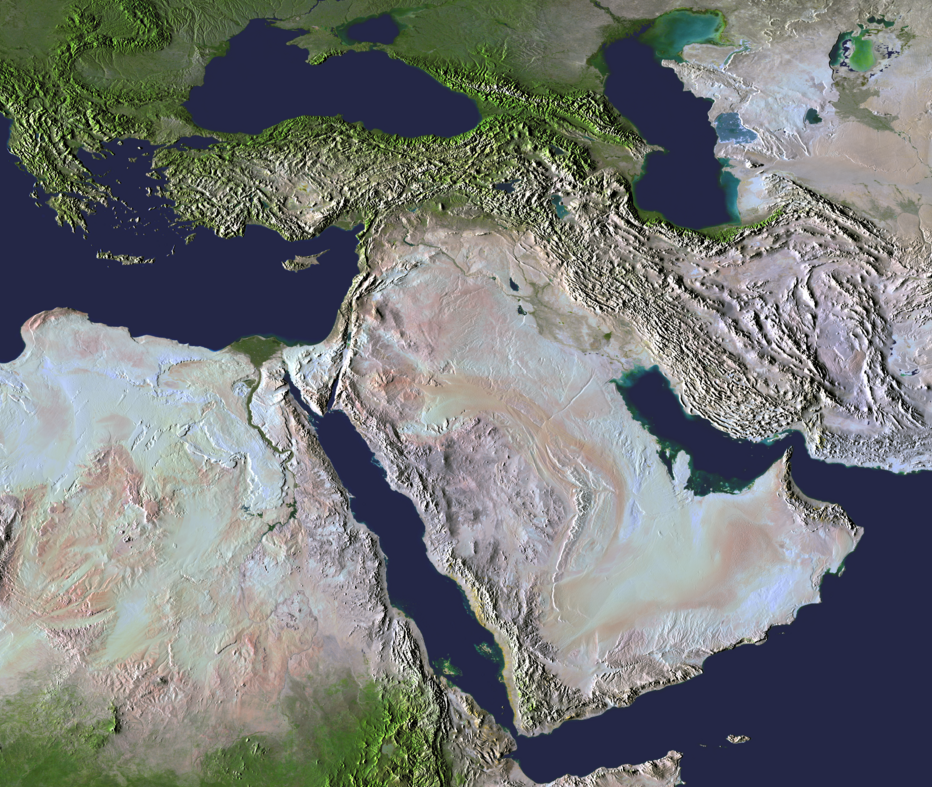
Russia’s Potential Alliance with Hizbollah: A Strategic Challenge for the EU in the Eastern Mediterranean

- EU and strategic partners,
- EU strategy and foreign policy,
- Europe in the World,
- Middle-East / North Africa,
One year on, the debate has been dominated by Israel, Hizbollah and the potential for regional war in the Middle East. An additional credible scenario has been worryingly absent: that in which Hizbollah and Russia cooperate, not necessarily to the exclusion of Iran as a third leg in a tripartite alliance. This scenario combines geography, history and geopolitics to bring Hizbollah and Russia closer together as a force to recon with. This is a possible development in the Southern Neighbourhood and the Levant that the EU needs to take seriously. Missing Russia’s potential move on Hizbollah could be an historic omission.
The decapitation of Hizbollah’s chain of command that preceded the ground incursion, and Iran’s feeble reaction to the devastating assault on its Lebanese proxy, have created a new geopolitical vacuum and reality in the Eastern Mediterranean. Russia may spot an opportunity in the misfortunes of Hizbollah and move on a weakened prey.
Will Russia’s direct influence return to Beirut for the first time since the 1770s when it occupied the city for a few months following the naval defeat of the Ottoman fleet at the battle of Cheshme? It is a distinct possibility, especially given Iran’s lukewarm military response, and one that the EU, and member states, must be prepared to deal with, if not pre-empt and prevent.
CLICK “VIEW PDF” BELOW FOR ACCESS TO FULL POLICY BRIEF
(Photo credit: Wikimedia Commons)